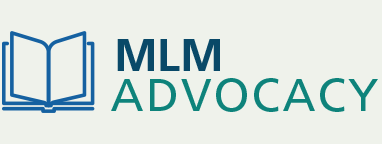Definition of Anxiety
Anxiety encompasses an array of specific disorders. To name a few that might affect your child are separation anxiety, social phobia, selective mutism, generalized anxiety disorder, obsessive-compulsive disorder, or a specific fear such as of animals, thunder, etc.
Anxiety disorder can be understood as excessive anxiey and worry about what might happen. The worry can be about anything that happens in a school day. The worry can be about a test or an upcoming sports or social events. Students can also worry about home and family. When feeling anxious, the student can complain about an upset stomach, disruptive or angry behavior, ADHD, or even a learning disorder.
The feelings of worry can stop a student from being able to concentrate in the classroom. When a student feels anxious, they can have a hard time focusing on the lesson or the activity because the worry over takes their brains. Students can look like they are paying attention, but have, in fact, drifted off when they begin to think about their worries. And, it may look to the teacher like the student is inattentive.
When feelings of anxiety overwhelm the student, the student can refuse to go to school or be on their phone all day. Or they may act out kicking chairs or desks. Throw a temper tantrum. Or, students may ask lots of questions because they are seeking reassurances from their teacher.
At times, feelings of intense anxiety may result in a flight or flee response when the student is unable to manage their anxiety. And this will result in aggressive behaviors that can result in school discipline procedures.
If your student is experiencing anxiety, contact the school psychologist or school social worker to work with the school to help your child. Anxiety can severely affect your child in a school setting. By helping your child gain mastery over their feelings, it will go a long way towards helping your student manage their stresses throughout the day.
